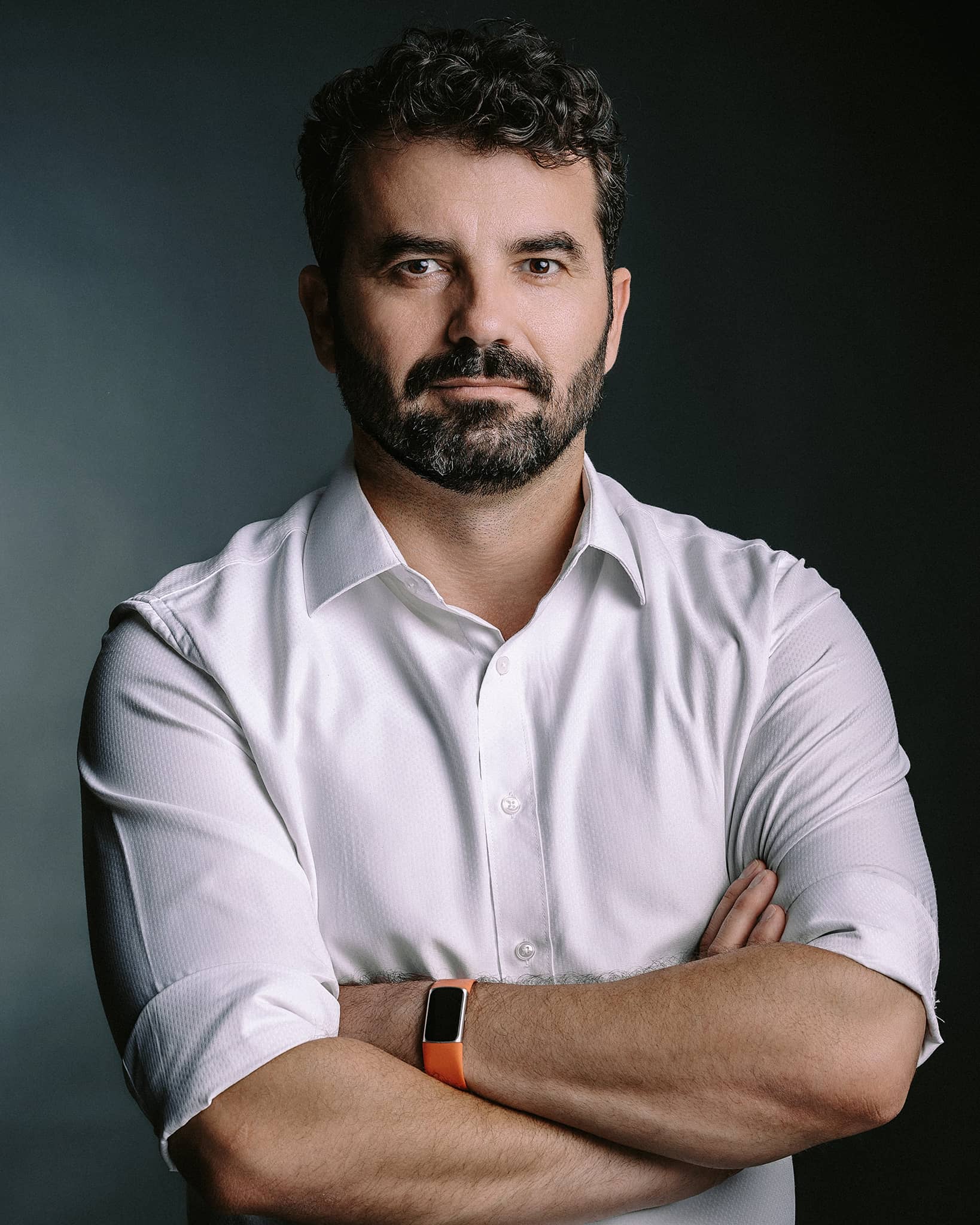
After the euphoria, the hard work begins
Inherited problems and big promises add to the civil pressure for quick changes.
A new generation with many problems will demand quick changes, otherwise they will consider resorting to migration.
Less ministries means less procurement offices, and consequently less potential for corruption.
The new government must completely reform the system of social schemes, so that they are based on social condition, not “patriotic status.”

Agron Demi
Agron Demi is a civil society activist and the founder and executive director of the Atlas Institute.
DISCLAIMERThe views of the writer do not necessarily reflect the views of Kosovo 2.0.
This story was originally written in Albanian.